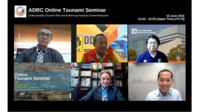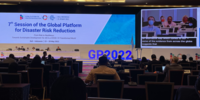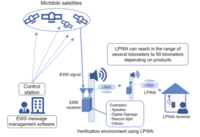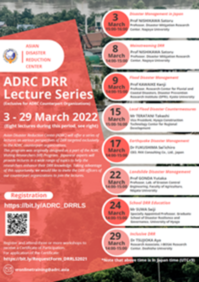15 June 2022 (online)
ADRC Online Tsunami Seminar held on 15 June 2022 featured experts offering insights on improving our understanding of tsunamis as well as enhancing practical countermeasures.
Dr Teuku Alvisyahrin (Professor at Syiah Kuala University and Former Head of the Professional Services Division of the Tsunami and Disaster Mitigation Research Center, Banda Aceh, Indonesia) highlighted the importance of moving away from viewing tsunami risks from the conventional disaster risk perspective and instead toward adopting the cascading/systemic disaster risk perspective.
Mr Somneuk Swatteuk (Disaster Early Warning Specialist at the National Disaster Warning Center of the Department of Disaster Prevention and Mitigation, Ministry of Interior of Thailand) showed how tsunami early warning systems can help inform practical evacuation actions while also helping with the management of disaster response and recovery activities.
Mr ARAKIDA Masaru (Director of the Research Department at ADRC) demonstrated how satellite images, especially the use of before and after photos, can be used in assessing disaster impacts.
In his remarks, ADRC Executive Director NAKAGAWA Masaaki said "to reduce the impacts of tsunami disasters in the future, we need to learn more about tsunami risks and to continue sharing information and experiences. We also need to pass these lessons on to the next generation so that our knowledge and skills related to tsunami countermeasures are not forgotten."
Mr Gerry Potutan (Senior Researcher at ADRC) moderated the seminar, which attracted 279 participants from 25 countries. In the after-event survey, participants indicated that they gained a greater understanding of tsunami risks, practical countermeasures, and the latest satellite technologies as a result of the seminar.
Visit this link for details:
https://www.adrc.asia/acdr/2022tsunami.php.
(2022/06/30 15:00)






